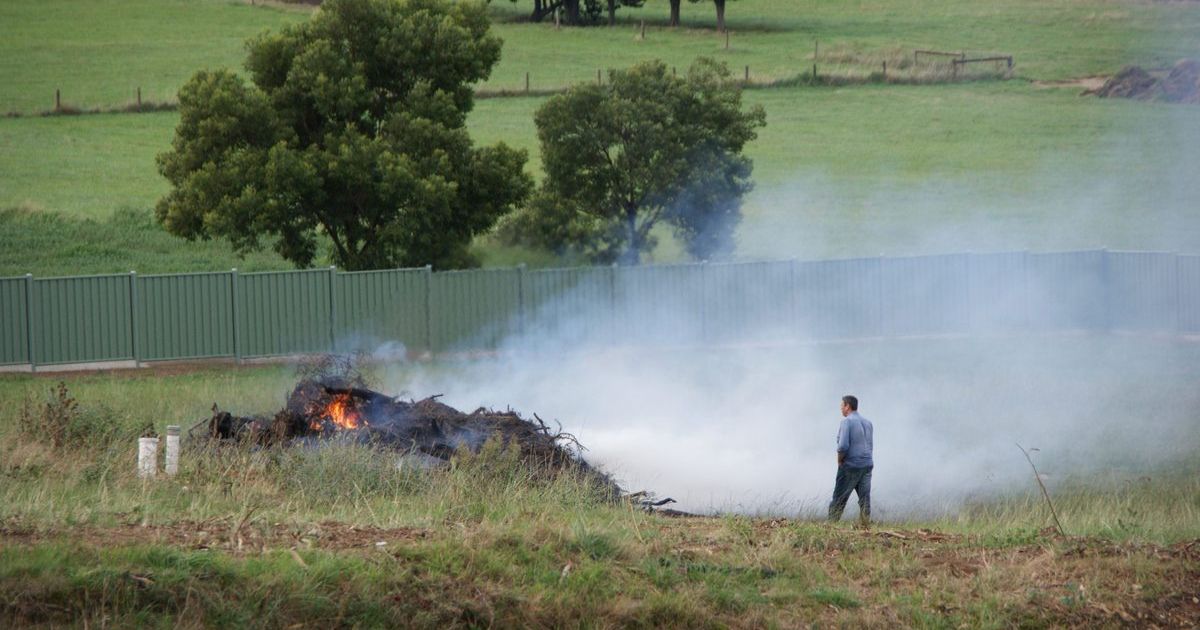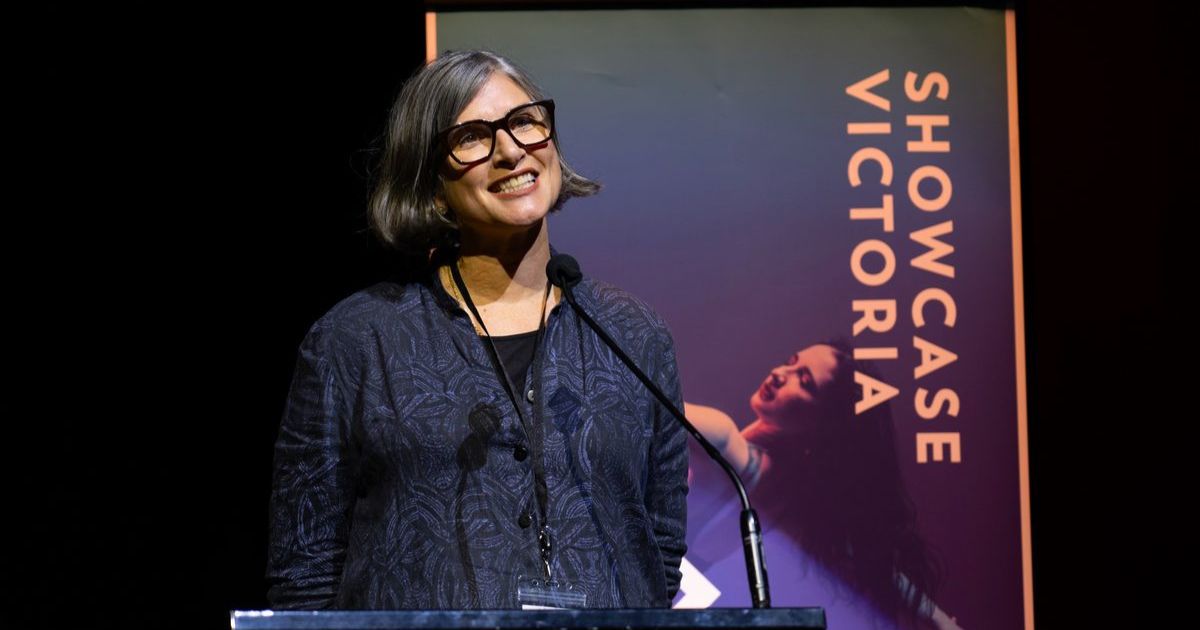From the desk of Roland Rocchiccioli – 22 May

Overhaul: If Medicare is to survive in its present form, it will need serious reform. Photo: SUPPLIED
Listen carefully to any election discussions regarding Federal Government funding for rural health care. All that glistens is not gold!
BOTH major parties have pledged an investment of $146 million to build a sustainable medical workforce in rural and remote Australia. While it is to be applauded it is not a moment too soon.
While the funding will go some way to solving the serious medical malaise, it is not, by any form of government prestidigitation, the complete answer.
The original informal, bulk billing, Medicare/GP understanding was based on reciprocal altruism: that being, if government supported GPs, they would help by making health affordable, resulting in better overall patient care.
Ultimately, the government reneged on the pact while the GPs (prisoners’ dilemma) did not. Emboldened by victory, the government ratcheted their determined course of reneging and obliteration of any meaningful support for primary health care.
Arguably, GPs have, by being forgiving and altruistic in honouring the understanding, been their own worst enemy. The only thing which will reverse this one-sided destruction of Medicare is to disallow the one thing the government really cares about – bulk billing rates. Nothing else will work!
The cracks were already showing, but COVID has served only to exacerbate an already over-stretched system, and which is now showing alarming signs of total collapse under the unsustainable pressure. In disquieting numbers, medicos at the top of their game are leaving the profession – such is the stress of their work.
While bulk billing provides a service for many, it has now become the entitlement of the majority. It should not be considered the practice. Curiously, there is patient resistance to any form of payment, regardless. If bulk billing has any hope of surviving in its current form then it must be means tested. Those who can afford to pay for their medical care should be denied access to the service.
Across the board, bulk billing as an expectation reduces the income of some GPs and practices by as much as $250,000 a year. On a standard, bulk billed consultation, the GP loses almost $50 of practice income. That is unfair, by any standard of societal reckoning. The longer the consultation the less the GP is paid which, obviously, disincentives longer, comprehensive consultations. The patient suffers as a consequence.
The Medicare prescribed six-minute consultation is inadequate. Consequentially, emergency departments and ambulances are overwhelmed as complex health issues are not encouraged to be fixed in the current primary health system.
Some practices are finding it difficult to meet their running costs. The medical profession should not be expected to financially subside the system. In a national health system which is not based on an ability to pay, that is the role of the government.
General practice has altered drastically over the years. It is now the first port of call for every patient. General practice has become a specialist discipline. Currently, GPs are expected to be across, and to diagnose and treat, every condition, including drug addiction and depression. That is both unreasonable, and impossible.
While the medical profession is, universally, one of the most responsible, and doctors would never endanger the health of their patients, their goodwill is not boundless. There exists a very real possibility GPs will, at some future stage, refuse to bulk bill unless the fiscal aggregate is less imbalanced.
Should such a decision come to pass the government would be in a most invidious predicament. The time for a correction to the system is now!
Roland can be contacted via [email protected].


















